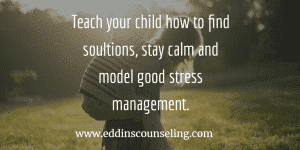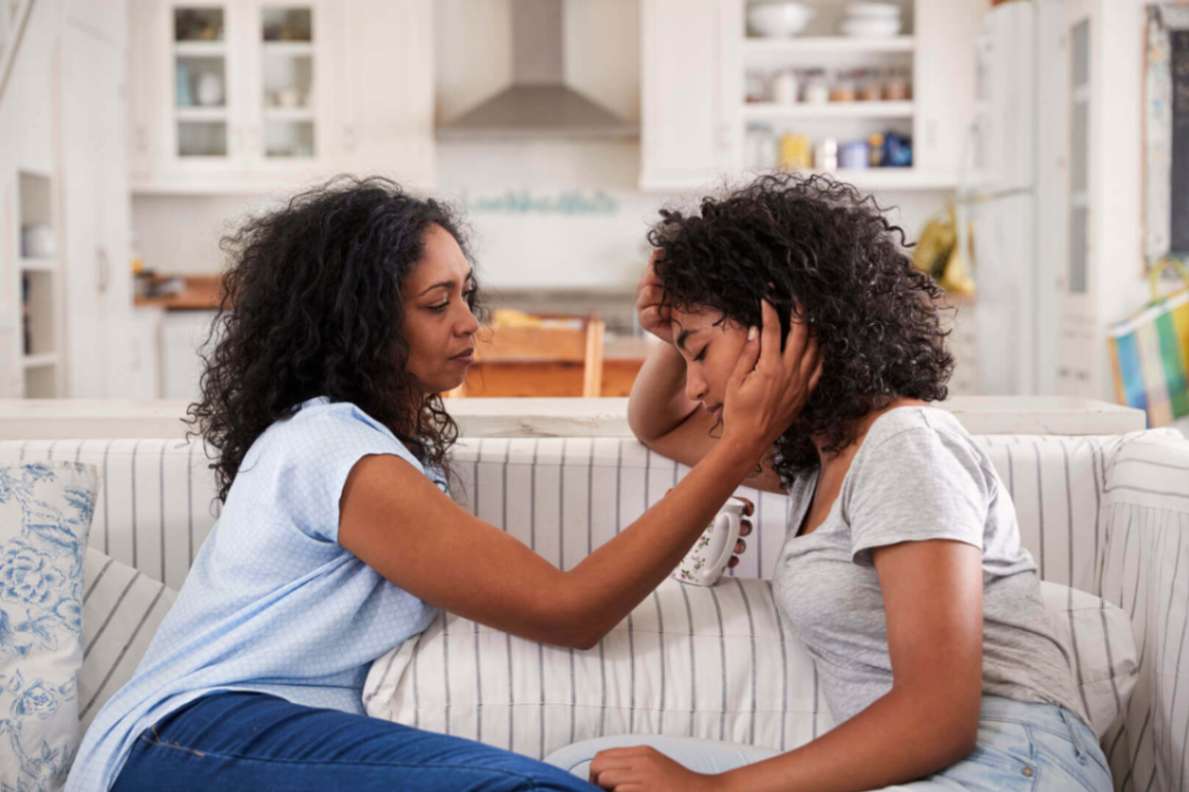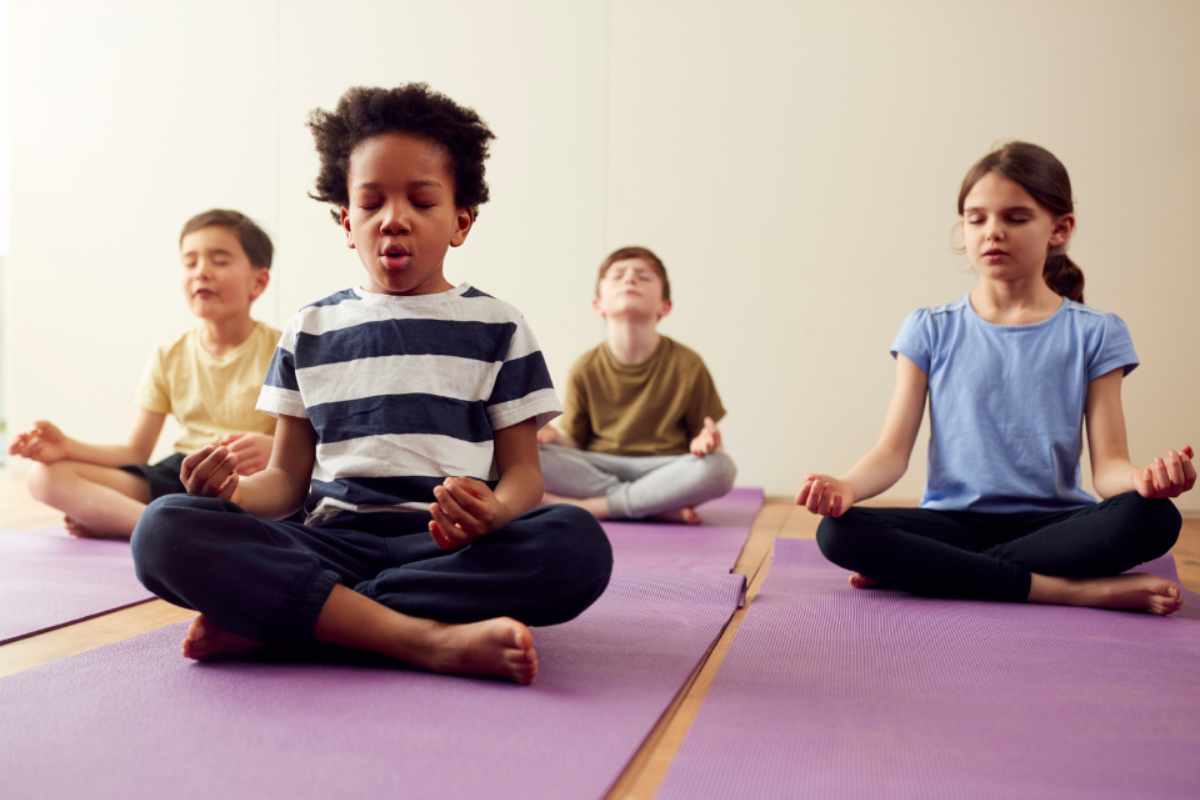April 25, 2018
Stress in Children: How You Can Assess and Alleviate the Pressure
Written by Rachel Eddins
Posted in Parenting & Family and with tags: children, parenting

Adults tend to think of childhood as carefree. But even very young children worry especially in big cities like Houston. Unlike adults, children don’t have the experience to evaluate the causes of their worries or the words to talk about them. Yes, stress in children is real.
Stress in Children Is Real
Some kid stress is normal, even positive. A little anxiety before that big math test may help a child focus on doing well. But excessive stress, stress that affects a child’s thinking, actions, and feelings, that interferes with the ability to function, can lead to anxiety disorder. What can parents do to help their children manage stress?
Signs and Symptoms of Kid Stress
Changes in Behavior
Children may lack the words to describe what they are feeling. But behavior is a clue to stress in children. Negative changes like mood swings, acting out, changes in sleep or eating patterns, or bed-wetting are signs that something’s wrong. Lying, bullying, and defying authority can indicate that your child is stressed.
Changes in Mood
If your child is more irritable than seems justified or is unusually moody, kid stress may be the cause. If your child talks about worries or seems more fearful than usual, it’s right to be concerned. Other symptoms are crying, clinging, sleeping too much or too little, or eating too much or too little. Frequent nightmares may be a sign of stress.
Physical Symptoms
Complaining of stomach aches or headaches or of feeling sick when the doctor can’t find anything wrong may be signs of stress in children, especially if the symptoms increase in situations like an exam coming up or a spat with a friend.
Social Changes
Ditching activities that your child used to enjoy is a sign of kid stress. Drastic changes in school performance signal trouble.
Older children, especially teens, prefer to spend time with peers. But be concerned if your child avoids family in significant ways or if they abandon their old peer group for a different one. There may be a good reason—perhaps the child’s peer group is getting into dangerous behavior, and your child doesn’t want to go there. But know that a stressed child may withdraw from people or things that formerly gave them pleasure.
Causes of Stress in Children
Kids stress over the same issues as the adults around them, plus a few that are unique to childhood. Some stressors are basic–like safety. Some relate to family. Others involve relationships and responsibilities beyond the family. Still, others come from a child’s developing sense of self and awareness of how others see them.
Basic Security System Changes
Circumstances like illness, parental separation or divorce, or the death of a loved one magnify stress. Moving house or changing schools, even without the stress of divorce, adds to the pressure.
Living in an unsafe neighborhood may be a stressor for kids. With 24/7 access to world news, TV images, and talk around the dinner table children worry about safety.
Family Problems
Money problems, housing issues or homelessness, and other family challenges create kid stress, even if parents try to soft-pedal these issues. Children worry about what worries their parents.
School
Kids stress over schoolwork or grades. Over-emphasis on competitiveness, standardized tests, and pressure to get high grades add to school worries.
Overscheduling
Parents and educators may schedule too many school, work, and sports activities. With no time to play creatively and relax after school kids stress over juggling responsibilities.
Problems with Peers
Problems with friends, bullying, and peer group pressure are big stressors.
Self-esteem
Dealing with rapid changes to bodies and minds, children may have negative thoughts about themselves.
Reducing Stress in Children
Notice. Parents can help reduce stress in children by noticing the signs and gently, sympathetically commenting: “It seems like you’re upset about something.” Show you care. Don’t accuse. Encourage your child to face fears, not run away from them.
Listen. Perhaps the best thing you can do to reduce kid stress is to be present. Be attentive. Keep calm. Children pick up on parents’ emotions. Don’t judge, blame or lecture. Get the whole story. Ask, “And then what happened?” Take your time.
Encourage Expression. Validate your child’s feelings. It helps to give the emotion a name. “Sounds like that hurt your feelings. I’d be sad, too.” Help your kid recognize what they’re feeling, so they can express it.
Reassure. Let your kid know it’s OK to be imperfect and that it’s important to learn from mistakes. Accentuate the positive. Focus on what your kid does well. Help your child avoid negative self-talk.
Help Problem Solve. Don’t “fix” the problem. Instead, help your kid tackle it. Get the child’s ideas. “What could you do next time? How do you think that would work?” Be patient. Help your child grow into a good problem solver so they can stay calm and bounce back.
Limit the Cause. Where possible, make changes to reduce kid stress. One sport or club instead of two? Leave some time in the daily schedule for unstructured play.
Help Your Child Relax. Teach your children how to calm themselves. Relaxation techniques like taking deep breaths or imagining a relaxing place can help. Schedule relaxing activities. Let them be silly.
Be a Good Model. Children learn by imitation. If you practice good self-care, get enough sleep, and try to think and act positively, your child will learn those skills from you.
When to Get Outside Help
Parents can do much to alleviate stress in children. Listening, talking about fears and limiting causes of stress will help. Teach your child how to find solutions, stay calm, and model good stress management.
Seek the help of a mental health professional if your child continues to have problems in school or interacting with friends and family, seems more unhappy or depressed, or can’t control anger or negative behavior. Remember, your kid’s stress is ” real” stress and deserves real attention.
At Eddins Counseling Group we have therapists specializing in parenting, child, and teen therapy. For more information contact us or schedule an appointment at 832-559-2622 or book an appointment online.
















